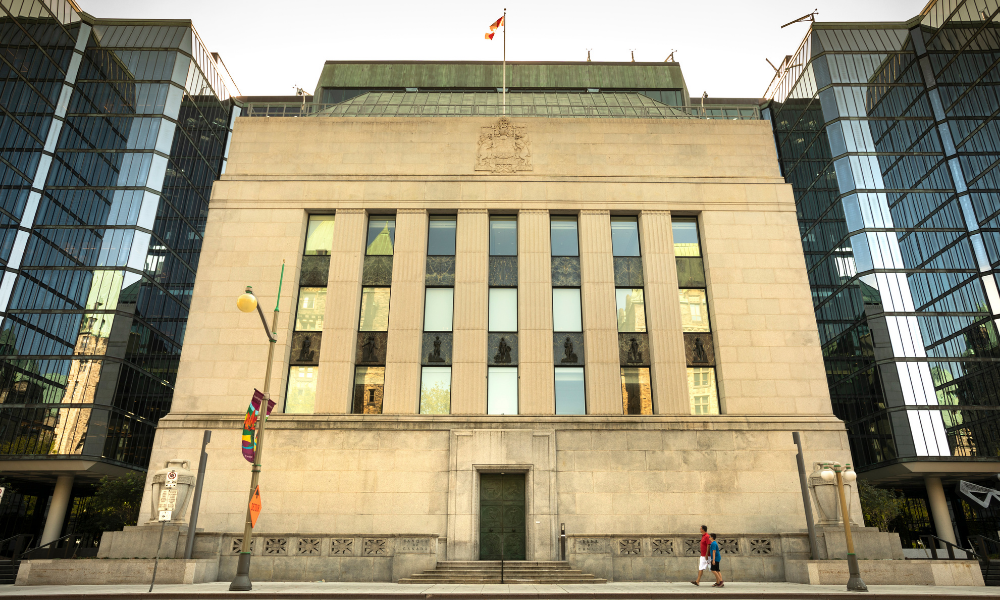Current macroeconomic and geopolitical trends are rapidly exhausting Canadians' finances

Large rate hikes by the Bank of Canada, coupled with unrelenting inflation growth, might fully deplete consumers’ pandemic-era savings by 2023, according to National Bank of Canada CEO Laurent Ferreira.
“The liquidity buffer that households have built up during the pandemic will shrink much faster,” Ferreira told BNN Bloomberg late last week. “We have increases in interest rates that we knew were coming and that will start creeping up in mortgage payments. But now you have inflation, notably energy and food, that’s hitting consumers hard.”
And while rate increases have yet to eat into National Bank’s mortgage business, Ferreira cautioned that geopolitical uncertainty in Europe has put a prolonged pause on deal-making and initial public offerings.
Read more: BoC considering another 50-basis-point hike: Macklem
Despite the looming threat of reduced purchasing power, Canadians still feel positive about their current financial situation. The Q1 2022 edition of TransUnion’s Consumer Pulse Survey found that 60% of Canadians believe that their finances were the same or better than they planned.
“This may be partially due to the government subsidies supporting households throughout the pandemic, as well as lender debt relief,” TransUnion said. “Overall, 19% reported that their household income increased since the last quarter, versus 54% who said it stayed the same, and 28% who said it decreased.”
However, current trends are tempering this optimism.
“Canadian households have been building up their savings throughout the pandemic,” said Matt Fabian, director of financial services research and consulting at TransUnion. “As the impact of the pandemic continues to subside, we expect that consumers will distribute these savings toward deleveraging credit, wealth management and increased household spending. But for now, concern over inflation and interest rates is fuelling a sense of concern and hesitation.”



